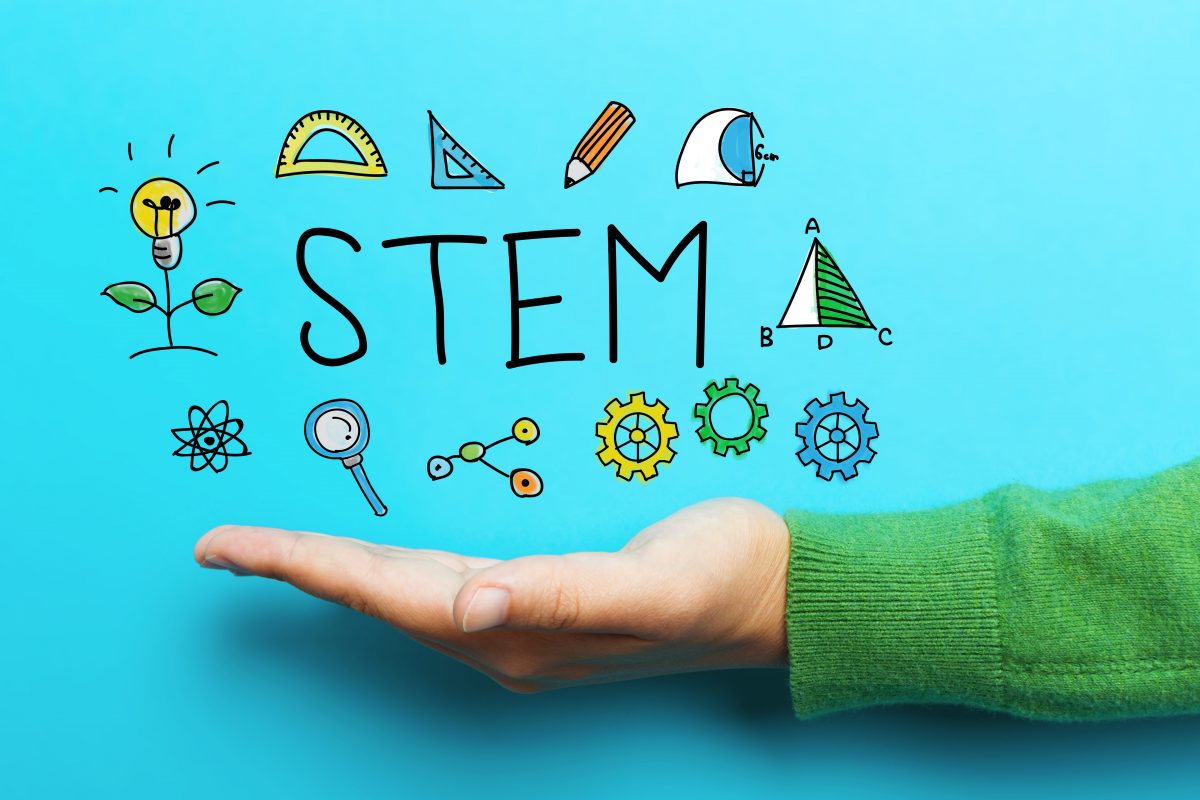
Alan Blatecky’s expertise is cyberinfrastructure for research and education. According to the National Science Foundation, this includes computing, information management, and networking for investigating the natural world and the human- built environment.
One of Alan’s latest projects, ‘The Missing Millions: Democratizing Computation and Data to Bridge Digital Divides and Increase Access to Science for Underrepresented Communities,’ is funded by the NSF.
In a press release, Alan explained that the ‘missing millions’ refer to the students, faculty, and citizens who are not involved or engaged in science, technology, engineering, and math (STEM) activities due to lack of access to digital resources or technologies.
This limitation severely restricts their ability to participate fully in the economic and research engines driving society.
Alan’s team closely collaborated with educators from Tribal Colleges and Universities (TCUs) and other Minority-Serving Institutions (MSIs) to understand how to overcome these barriers.
One of the TCUs that worked with Alan’s team is the College of Menominee Nation, a tribal Land Grant college chartered by the Menominee people.
The college has a main campus in Keshena, Wisconsin, and a second location not far from the tribal lands of the Oneida Nation of Wisconsin.
Christopher Caldwell, president of the College of Menominee Nation in Keshena, Wisconsin, collaborated on ‘The Missing Millions’ report.
In a tweet in April 2022, Caldwell said, “Reaching the ‘missing millions’ will enable Indigenous peoples to have more control over research. The data generated in their communities is significant for sovereignty, self-determination, and revitalizing indigenous approaches to inquiry. Accepting and valuing other ways of knowing beyond dominant Western-based research paradigms is crucial to this story as well.”
Christopher Caldwell of the College of Menominee Nation (@cmnedu) in the US has collaborated on 'The Missing Millions' report…https://t.co/382lbqCYTj https://t.co/nKcZ91S64q pic.twitter.com/ZvGRNZ49QX
— FUTURUMCareers (@FUTURUMCareers) April 12, 2022
The U.S. Army Corps of Engineers has been tasked with…
Brown and Caldwell, a leading environmental engineering and construction firm,…
Humboldt State University, one of four campuses within the California…